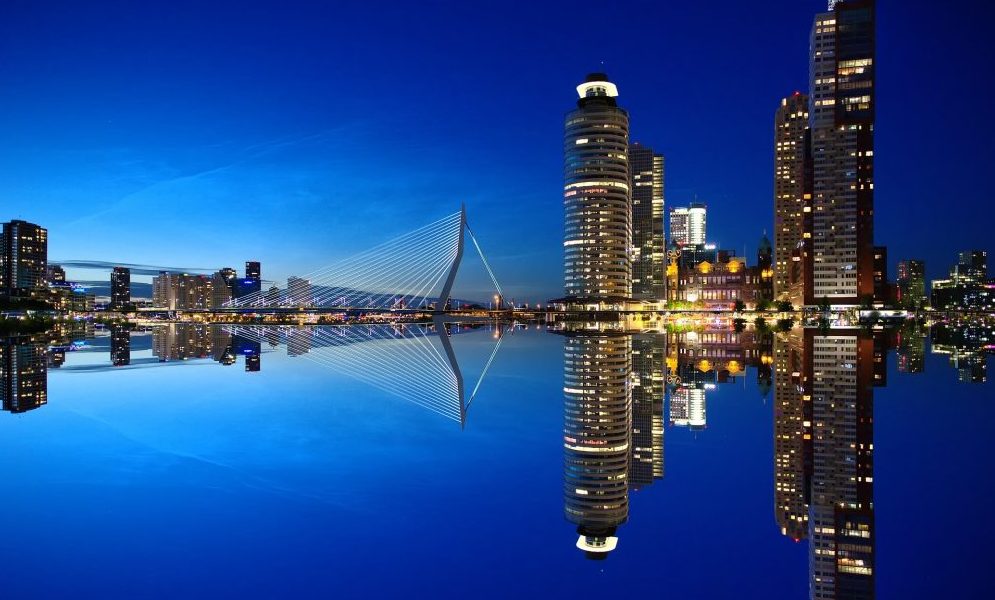The Port of Rotterdam together with German steel companies thyssenkrupp Steel and HKM is to investigate setting up international supply chains for hydrogen.
In the course of their transformation paths towards climate-neutral steel making, thyssenkrupp Steel and HKM are going to require large and increasing quantities of hydrogen to produce steel without coal. For decades, both companies have been importing coal, iron ore and other raw materials via their own terminal in Rotterdam, using inland barges as well as rail to transport it to their blast furnaces in Duisburg.
The partners will explore hydrogen import opportunities via Rotterdam as well as a possible pipeline corridor between Rotterdam and thyssenkrupp Steel’s and HKM’s steel sites in Duisburg. The partnership may serve as a framework for additional initiatives and aims at supporting existing initiatives and projects the partners are involved in.
The Port of Rotterdam is already investigating the import of hydrogen from a large number of countries and regions all over the world. Green hydrogen is a sustainable alternative to coal, oil and natural gas. Vast imports of hydrogen are necessary if Europe and Germany want to reduce CO2 emissions and become climate-neutral by 2050, while maintaining its strong industrial backbone.
Rotterdam is also setting up a carbon transport and storage system, Porthos, which is also being considered as a CO2 storage site for the production of blue hydrogen by the “H2morrow steel” project, which includes thyssenkrupp Steel as partner as well.
The post Port of Rotterdam investigates hydrogen supply chains appeared first on Global Cargo Insight.
Image by Markus Christ from Pixabay



